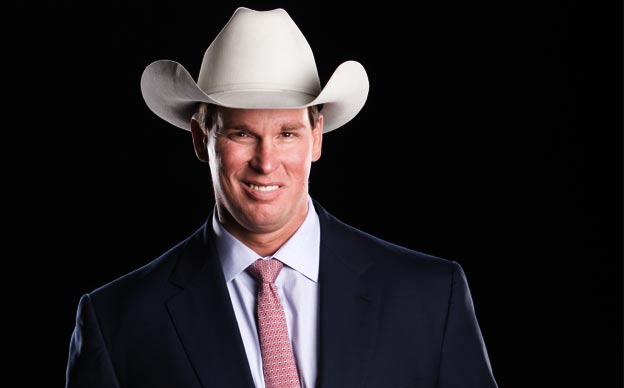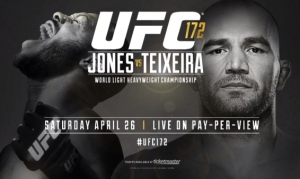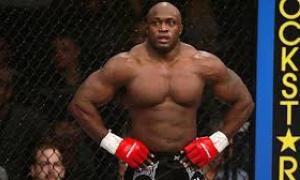An Associated Press article located here about WWE’s response to the various lawsuits filed against them relating to claims of long-term health issues stemming from head trauma. That article has since been updated with additional details that help frame the situation better and allowed us to look up the case in question to get a better idea of exactly what was going on.
What happened is that on Monday, WWE filed a lawsuit against Robert Windham (Blackjack Mulligan as well as Big Machine in the WWF), James Ware (Koko B. Ware), Tom Billington (Dynamite Kid), Oreal Perras (Ivan Koloff, who’s not mentioned in the AP article), and various John Doe defendants. The intention is to get the Connecticut Federal District Court to block any lawsuits from both the named defendants and any other wrestlers who have retained Konstantine Kyros (the lawyer behind most or all of the WWE concussion lawsuits we’ve heard about). Kyros had sent WWE “notice of representation” letters on behalf of the named defendants on June 2nd, in which he asked the company not to contact them directly as well as telling them to retain any relevant information.
McDevitt told the AP that “[b]efore this guy started trolling around looking for people to sue, we didn’t have one person, none, claiming they had any kind of traumatic brain injuries, or dementia or ALS or any of the kind of stuff you seek associated with the NFL.” The complaint alleges that the claims came about after Kyros placed ads on Google tying in to searches relating to WWE anc concussions, as well as Billy Jack Haynes’ name after he filed the initial lawsuit with Kyros.
For his part, Kyros denied the allegations, said he has been retained by dozens of former WWE stars, and that WWE’s claims of the statute of limitations expiring don’t apply in this case. The argument, which he’s explained in the past, is that when the symptoms of an injury present themselves later in life, as they would with complications from repeated head trauma, Connecticut’s three year statute of limitations doesn’t apply. He added that “[w]hat the WWE lawsuit is doing is trying to do is prevent some of the most storied performers in the history of the organization from having their day in court.”
WWE has taken issue with Kyros filing the suits outside of Connecticut even though most of the wrestlers’ contracts has clauses restricting the venue to WWE’s home state. There are also allegations that, through sloppy editing of the complaints, living plaintiffs were listed as deceased,as well as inaccuracies in the listed time frames for when the wrestlers worked for WWE.
That said, WWE is not innocent of this, either: Oreal “Ivan Koloff” Perras is listed in the new complaint as having last wrestled for the Capital Wrestling Corporation (Vincent James McMahon’s company). In actuality, he last worked for the WWF in late ’83, when it was indeed owned by Titan Sports, the company that went through several name changes in the last 15-20 years before becoming World Wrestling Entertainment in 2002.
One point of contention is whether or not Kyros is involved with all of the lawsuits. The suit filed in California with Russ McCullough, Ryan Sakoda, and Matthew Wiese (Luther Reigns/Horshu) has other, unrelated lawyers’ names on all of the filings. WWE insists Kyros is behind them, but that he has not said one way or the other if he’s involved. At the time, Kyros claimed that he was not involved with the case spite of the nearly identical complaints. His explanation was that it was commonplace for lawyers copy the bulk of a complaint since they’re not protected by copyright. WWE also maintains that Kyros was ordered to stop listing unrelated wrestler deaths in complaints, only to continue doing so.
The AP was able to get quotes from one of the defendants, Robert “Blackjack Mulligan” Windham. Now wheelchair-bound with constant nausea and severe short term memory problems, he said that “[t]hey really don’t want to face it. They want to send everyone to rehab. But rehab doesn’t work for loss of memory. […] “And my son[, Barry], you look at him and the lights are on, but nobody is home anymore.” He cited Sgt. Slaughter “[going] nuts” and beating him unconscious with a turnbuckle as one particularly damaging incident, although they most likely would have only worked together in Jim Crockett Promotions.
We’ll keep you posted on this case and the related lawsuit if any new information comes out.







